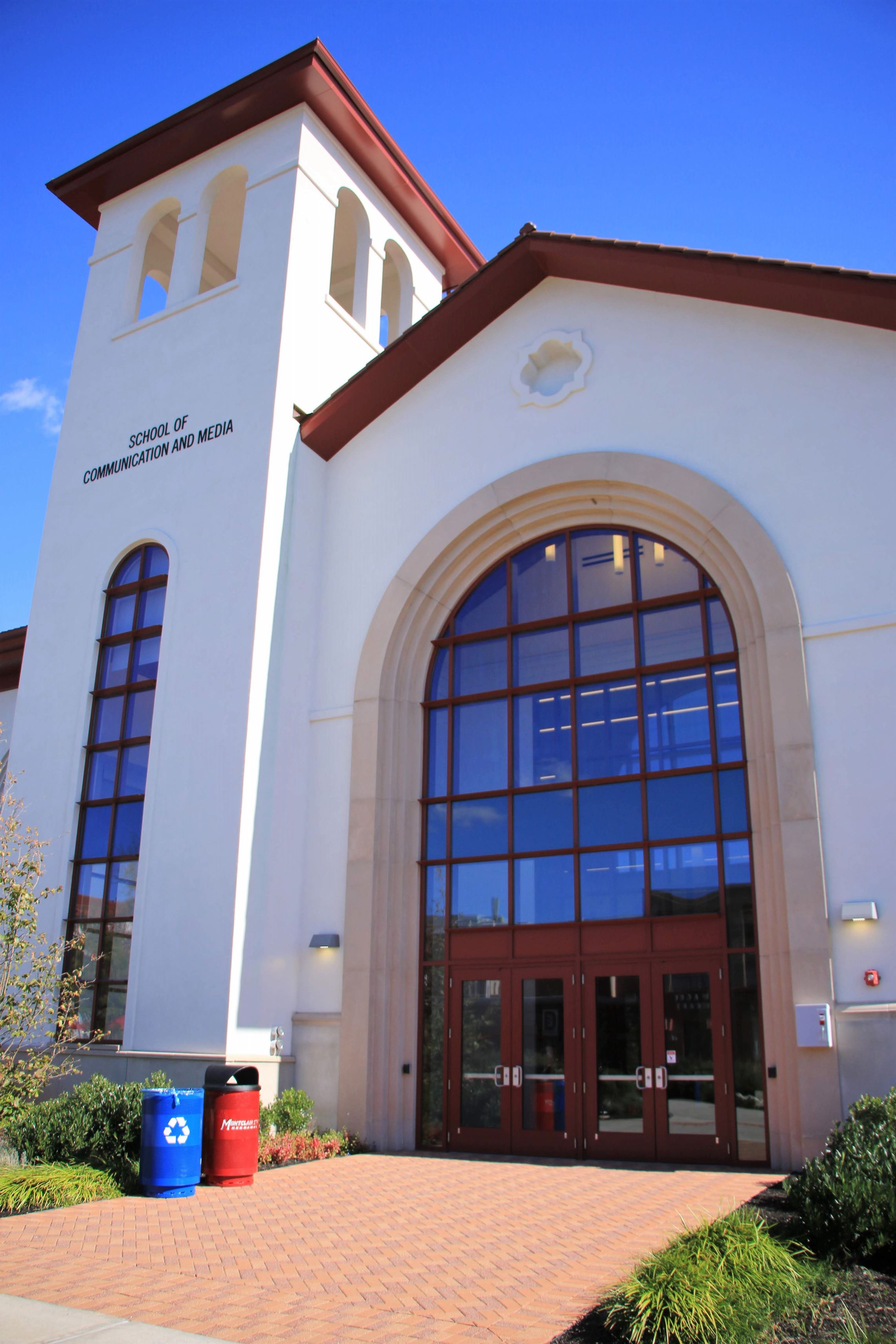A little less than a year ago, I went to a coordination meeting in the School of Communication and Media (SCM) with one goal, to persuade my classmates and professors to choose climate change as the next topic for a #FOCUS project.
I argued no matter how great our production skills are, none of our career preparation would matter in a few decades due to climate change. I believed we should anticipate a world where our everyday lives are drastically different than what we’re used to and our school should be preparing us to best adapt to that world.
I now realize I was wrong. We were only a year away from a new world, and it was not climate change, but a global pandemic that brought us here. This isn’t the end of our time and we shouldn’t give up on having good lives. Still, we should use the new coronavirus (COVID-19) as an opportunity to reassess how we, people in communication, view our role in society and how we plan for our futures.
I often use my social media platforms, the resources of the SCM, such as The Montclarion and WMSC, and even class time and coordination meetings to voice my concern with the culture of the communications industry. It’s not wrong for young people in media to pursue well-paying jobs at large organizations or for our mentors to encourage that form of success. However, we should put greater emphasis on how communications can be used to help us become leaders of a future that will need strong leadership.
I’m a journalist because I want to start difficult conversations and help people see the world with nuance. In my opinion, the SCM has a different view of journalism.
Most of my major requirements focused on how to market a story and make content look flashy. I never learned as much as I’d hoped to learn about intellectual applications of journalism. When I did take courses with that approach, my classmates complained, suggesting there was no practical value.
Now projects and jobs we all spent months or years working toward are disappearing as the world comes to a sudden halt. I’m not looking to write off how genuinely upsetting and even scary this sudden change is, nor am I looking to blame the school. Its faculty have been doing an exceptional job resolving a crisis they never could have anticipated.
Still, I can’t help but feel that this is an opportunity to consider something I’ve spent the past several years practically begging everyone in communications to consider.
In times of crisis, people turn to the media for answers or comfort. While we may not have been able to see COVID-19 coming, there were signs that the structures that make up our typical lives were starting to crumble.
Meanwhile, we all made plans for our lives on the assumption the world would be stable forever. In the time that we were thinking about summer internships that no longer exist and financial success that is now uncertain, we could have been learning how to hone our communications skills for the public good and use the power of words to build better societies.
Our school should have required and emphasized more courses similar to communications theory and media ethics. These classes may not provide skills that land us our dream job, but they help us better emotionally and professionally adjust to a sudden reshaping of industry and the world around us. Our mentors could have pressured us to be more outspoken and start complex conversations.
COVID-19 is just one crisis. If it can destabilize our lives this suddenly and uproot our plans for the future, it is worth thinking about the larger, more long-term impact a crisis like climate change or a deadlier pandemic may have. The world will bounce back from this pandemic, but COVID-19 should be seen as the first sign that the world we’ve known is not built to last.
To mitigate future harm, communication schools everywhere should adopt a curriculum that forces students to think deeply about their role in society. Our education should not just land us a job, but help us shape the world for good, even in the most uncertain of times.



